Lessons From Surah Yusuf – International Edition
2,965 PKR 3,295 PKR
Author: Dr Yasir Qadhi
Publisher: Kube Publishing
Pages: 254
Binding: Softcover
ISBN: 978-1-84774-137-0
About the Book:
Surah Yusuf, a chapter of the Qur’an, was revealed to the Prophet Muhammad (pbuh) at a critical juncture of his life. This was the time when he had gone through ten to eleven years of ridicule and rejection in Makkah, a time when he lost his wife and partner, Khadijah, a time when he lost his dear uncle Abu Talib. Allah revealed this precious surah to strengthen the Prophet Muhammad’s heart. To remind him that he lives in the footsteps of the great prophets of the past and that Allah’s help and support is there.
This surah is full of meaningful messages of patience, reliance on Allah and how to overcome hardship and betrayal. It was also educational, teaching the Prophet Muhammad the answers to queries that were posed to him by the local Jews and Muslims. Finally this surah was a timely morale booster for the Prophet and his companions in a time of need.
Yasir Qadhi has clearly divided the surah into related themes, as per the revelations, so that the reader can easily understand and grasp the great wealth of knowledge relayed through this surah to all.
Foreword by the Author:
The first time the Qur’an spoke to me, it was through Surah Yusuf. I was probably 11 years old, in the mid-1980s. Like most kids my age, I had a Qur’an teacher who helped me with reading and memorization (at this stage, I had only memorized maybe Juz [Amma). I didn’t understand Arabic then, and while, of course, I loved listening to my father’s cassettes of Abdul Basit Abdul Samad, I hadn’t read any translation of the Qur’an. One day, in the summer break, completely bored at night, I curiously pulled out an old and tattered copy of the Qur’an from my father’s library – a translation of Abdullah Yusuf Ali. I remember flicking through it, here and there, reading passages before losing interest and then turning to another passage (I was just a child after all!). Then, seemingly at random – but of course, it was Allah’s qadr – I came across the beginning of Surah Yusuf.
I remember it vividly: the opening line just caught me like a hook, and I spent the next hour or so – way past my bedtime – turning page after page, reading every verse, and following up with every footnote in Abdullah Yusuf Ali’s translation, until finally, I finished the surah. I was riveted with the story. At night as I lay in bed, my mind became filled with images from the surah: Yusuf alone in the well, the torn shirt, him sitting in the palace on the King’s throne. Thus began my journey into the Qur’an. Five years later, I would be memorizing the entire Qur’an, and finishing Surah Yusuf in a breeze. Around a decade after I first read it, I found myself studying at the University of Madinah. I would pick up little booklets in libraries and bookstores that went into more detail regarding this surah: some discussed balagha (Arabic eloquence), others concentrated on the morals and benefits of this story. It was here as well that I began building my personal library: every month, when the students got their modest stipend, the first thing I did was to rush to the bookstores and splurge on a book that I might have had my eyes on for a while. Slowly, my tafsir collection began to grow, and whatever I could find about this surah, I would buy.
In the summer of 2001, I was invited for my very first trip to England (since then, to date, I have been fortunate to travel more than a hundred times to the UK), and my hosts asked what intensive class I would be interested in teaching at Masjid al-Tawhid in Leyton. Immediately, and without a moment’s hesitation, I said, “I would like to teach a detailed tafsir of Surah Yusuf!” Perhaps the child in me was still subconsciously imagining that story.
I spent a significant portion of that summer reading the classical tafsirs and sifting through material to prepare for that course. It was the first time I taught the tafsir of Surah Yusuf, but it would not be the last, and I would go on to teach it half a dozen times, sometimes in various masjids of cities where I lived in over the course of the next two decades, and sometimes for some Islamic satellite channels for broadcast. (That class also happened to be the first time taught an intensive tafsir class; hence it was my first exposure to the art of teaching tafsir in English.) On a personal note, soon after the cassettes of that lecture were released, I was blessed with my second child, and I named him after the prophet of this surah. Every time I taught the surah, I went back to even more references and contemplated the surah afresh, and every time the story continued to resonate with me.
When I was approached last year by Kube Publications to publish a tafsir of this surah in English, it was the next logical step, and I eagerly took on this task. Tafsir is a multidisciplinary field and one that can be done from many different angles and at numerous levels of detail. There is no ‘right’ or ‘wrong’ level, and for every style and level of detail, there is an audience that will appreciate it. To write a tafsir in any language other than Arabic is a compounded dilemma: to what level should each word be dissected, and how should one explain Arabic’s eloquence to a non-Arabic speaking audience? For this work, I decided to choose a style that would be appropriate for the surah – easygoing and smooth, concentrating on the morals of the story rather than specific examples of Arabic eloquence. I want the reader to be immersed in the morals of the surah, and not get bogged down with numerous footnotes or incidental benefits that might be beneficial for advanced students but would cause others to lose track of the main point. Hence, in this book (in contrast to some of my other writings), one will not find detailed discussions of differences of opinions or competing views regarding secondary issues or references. I wanted this book to be read, cover to cover, if possible, with the same enthusiasm as a translation of this surah. It is not to say that one won’t find academic benefit or tafsir based points in it. On the contrary, I have consulted many works while writing this tafsir, but rather than separate them into points, I have tried my utmost to incorporate their ideas into the commentary without mentioning controversies or differences. I hope that this style combines academic benefits, spiritual motivation, and ease of reading.
I pray that the readers of this book experience the same joy and enthusiasm that I felt as a child when I read this surah for the first time, for indeed when it comes to stories, all of us are still children!
Dr. Yasir Qadhi
Plano, TX
4th December 2020 CE
(18th Rabi‘ al-Thani, 1442 AH)
Based on 0 reviews
Be the first to review “Lessons From Surah Yusuf – International Edition”
| Weight | 0.34 kg |
|---|---|
| Dimensions | 14 x 22 x 1 cm |


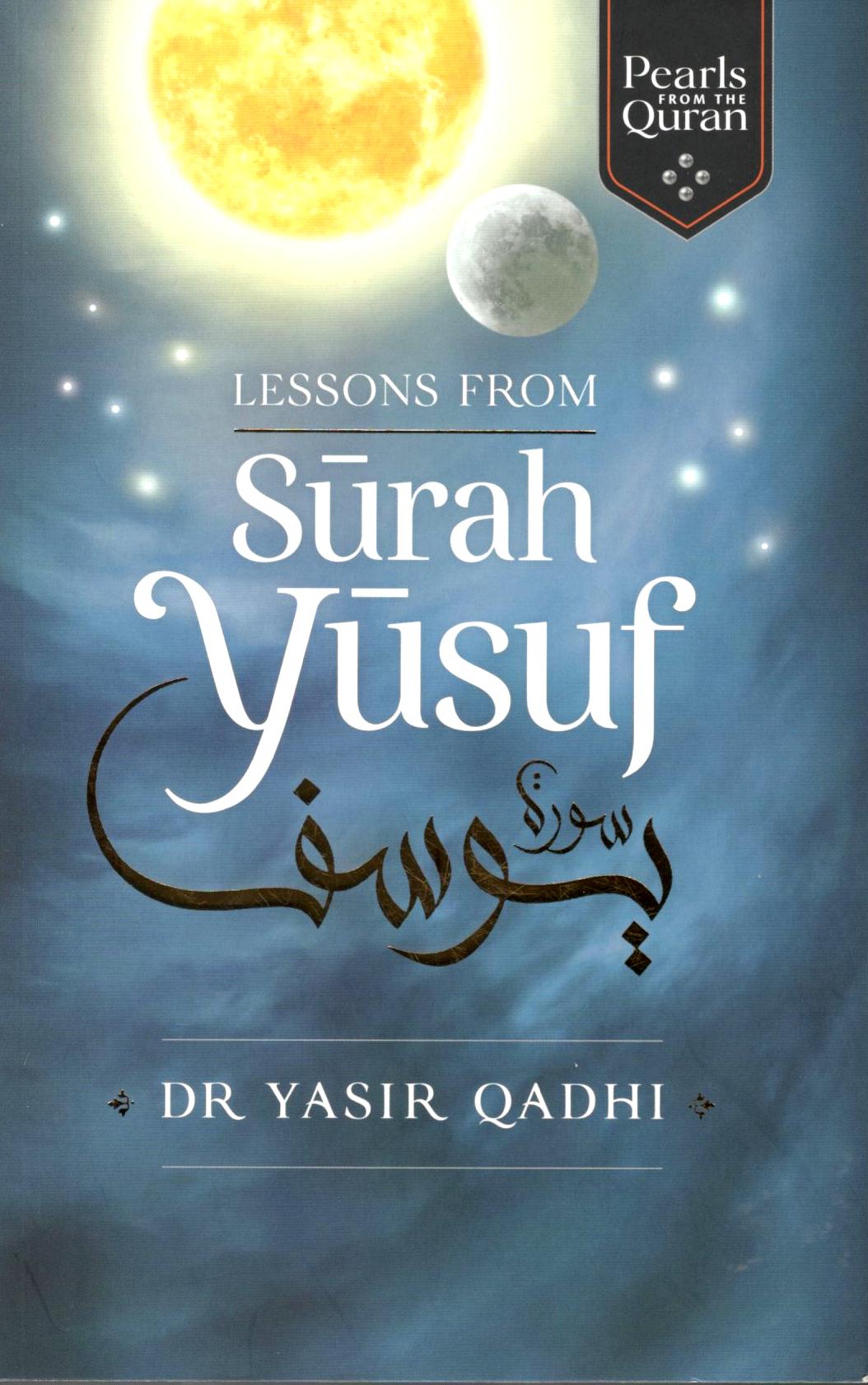
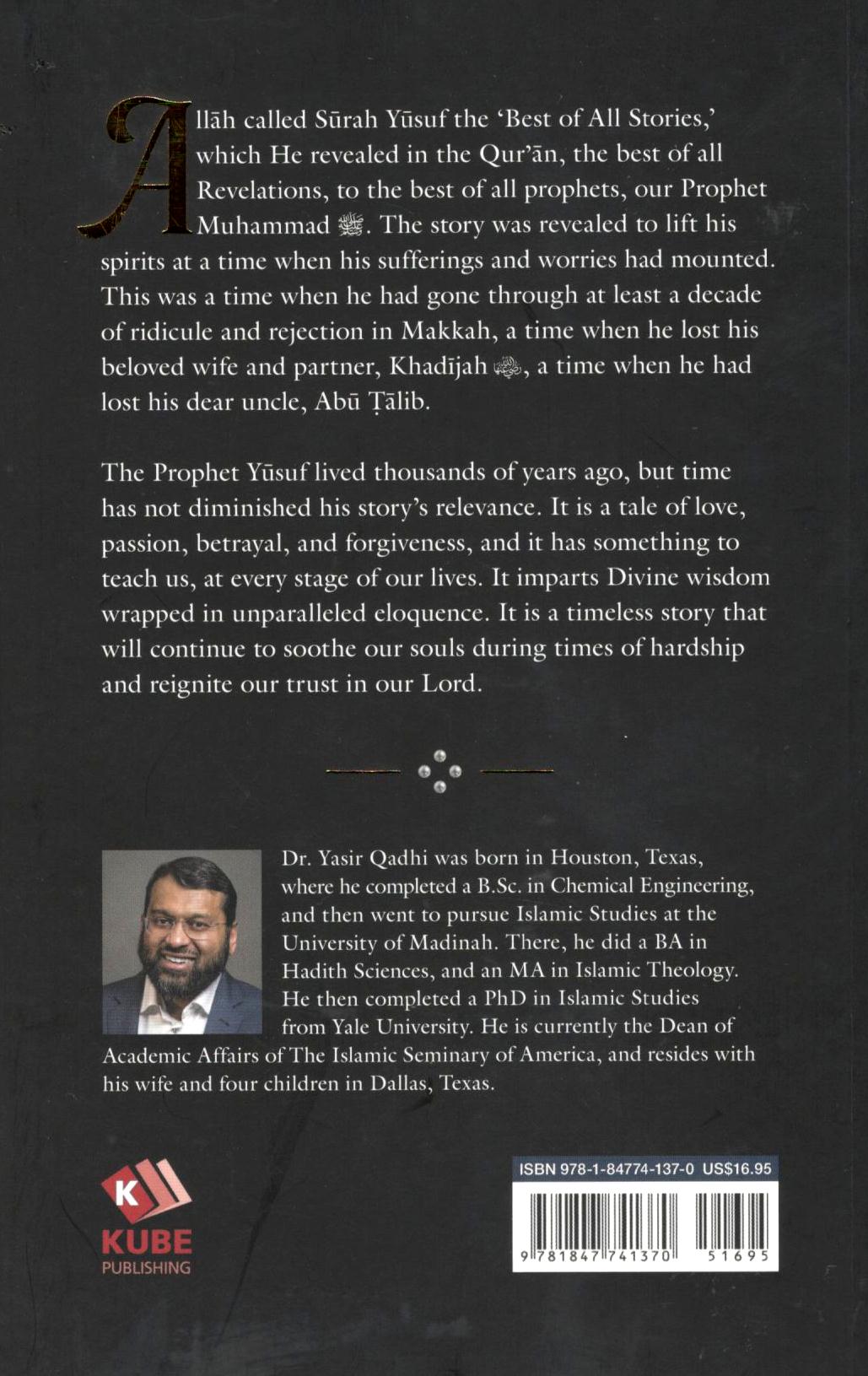
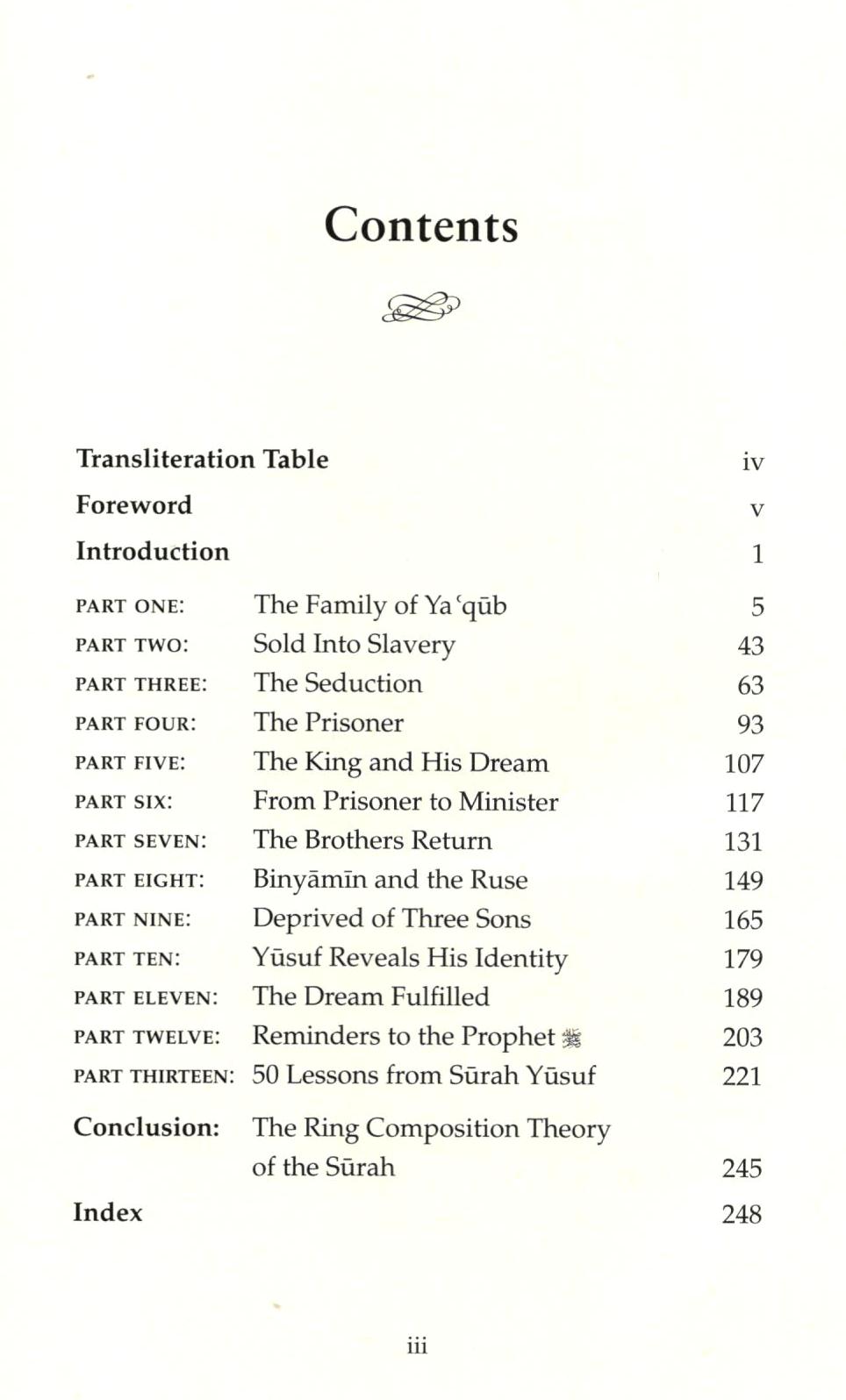

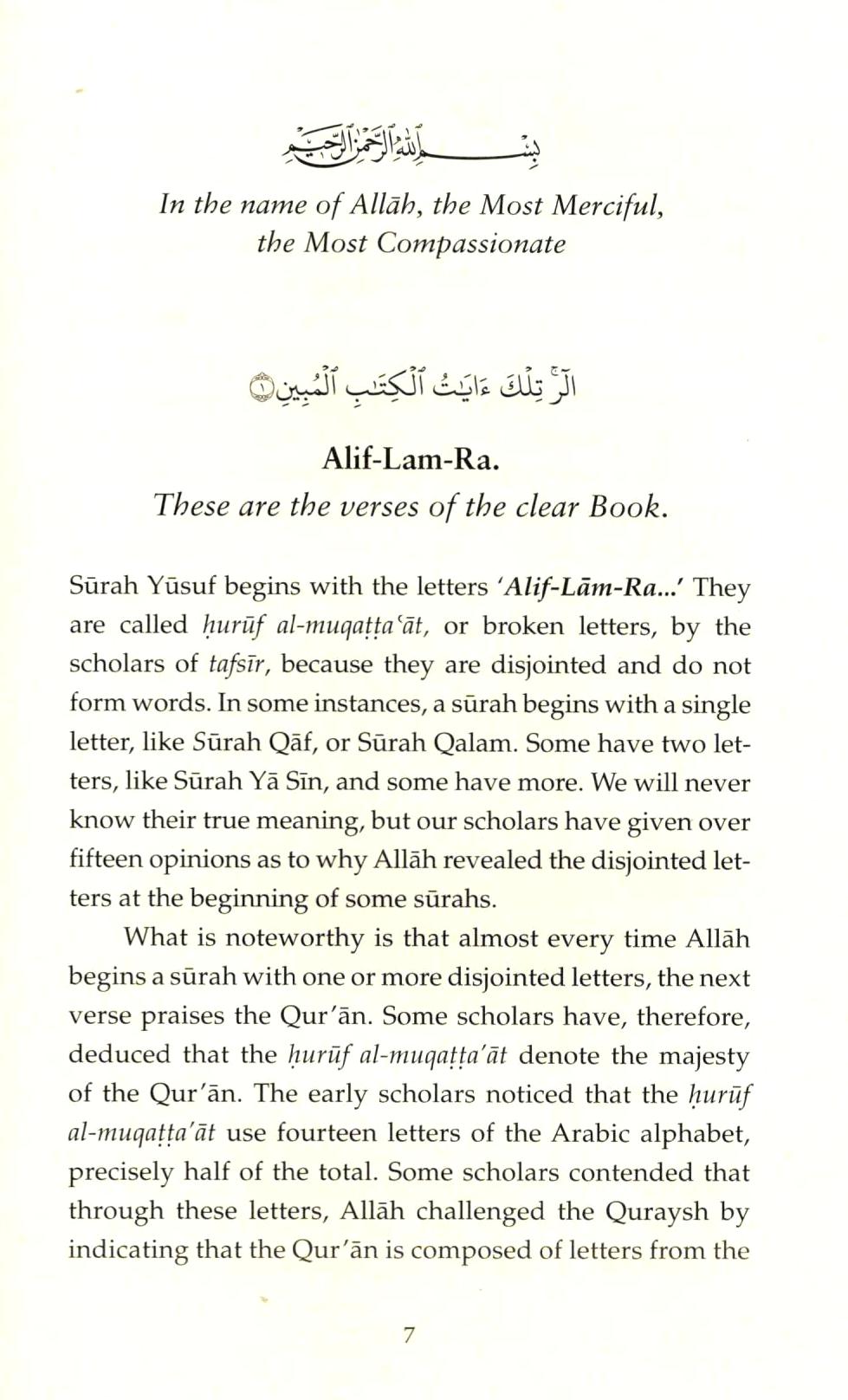

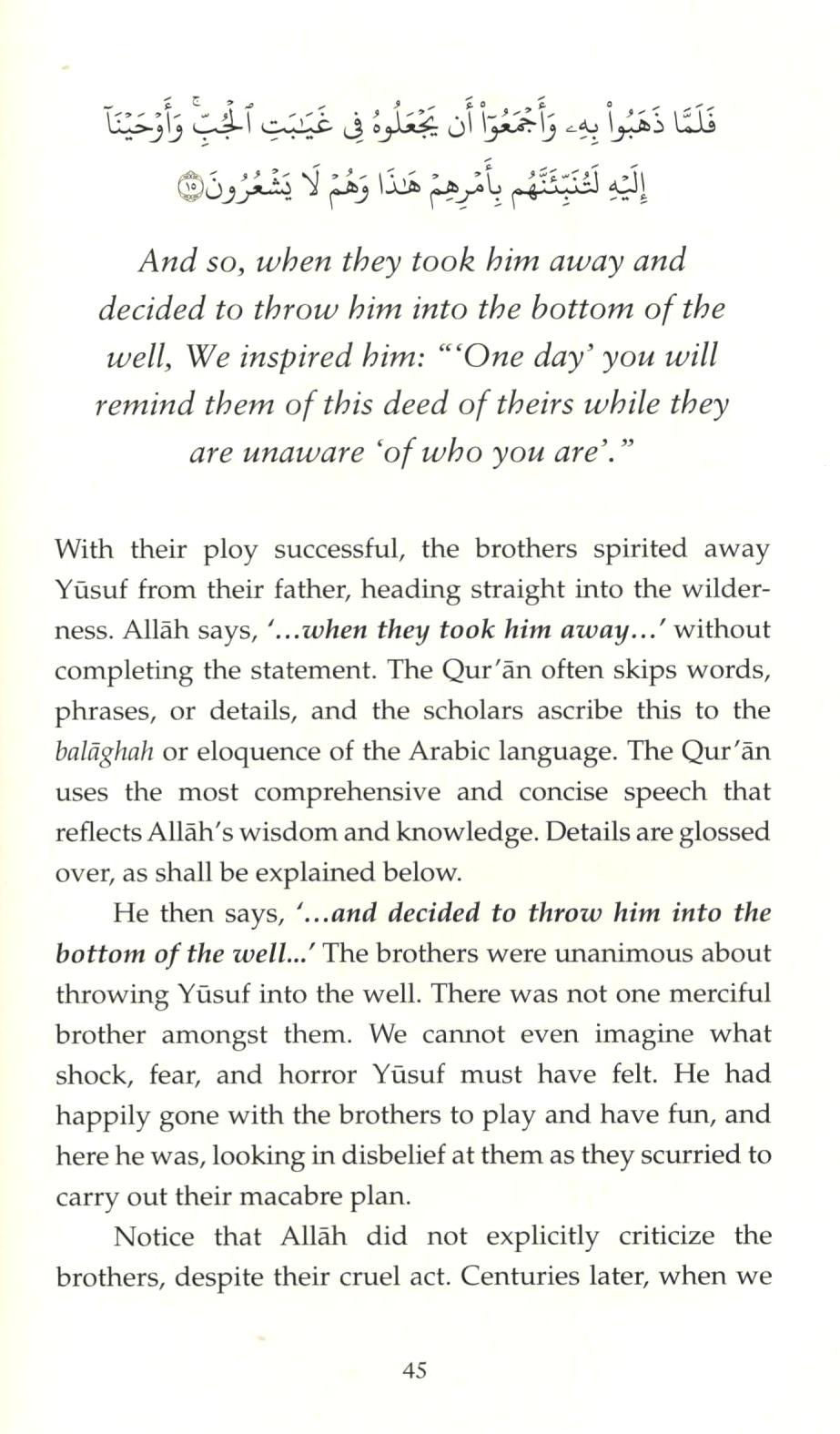



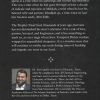
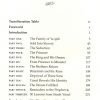

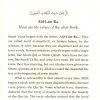

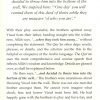

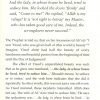
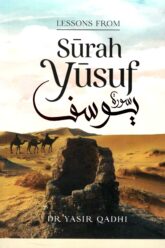
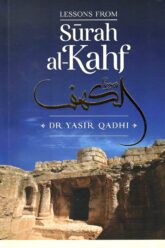

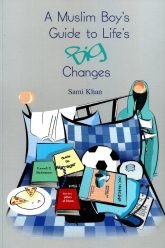
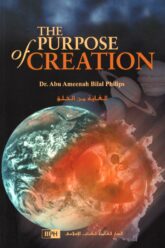


There are no reviews yet.